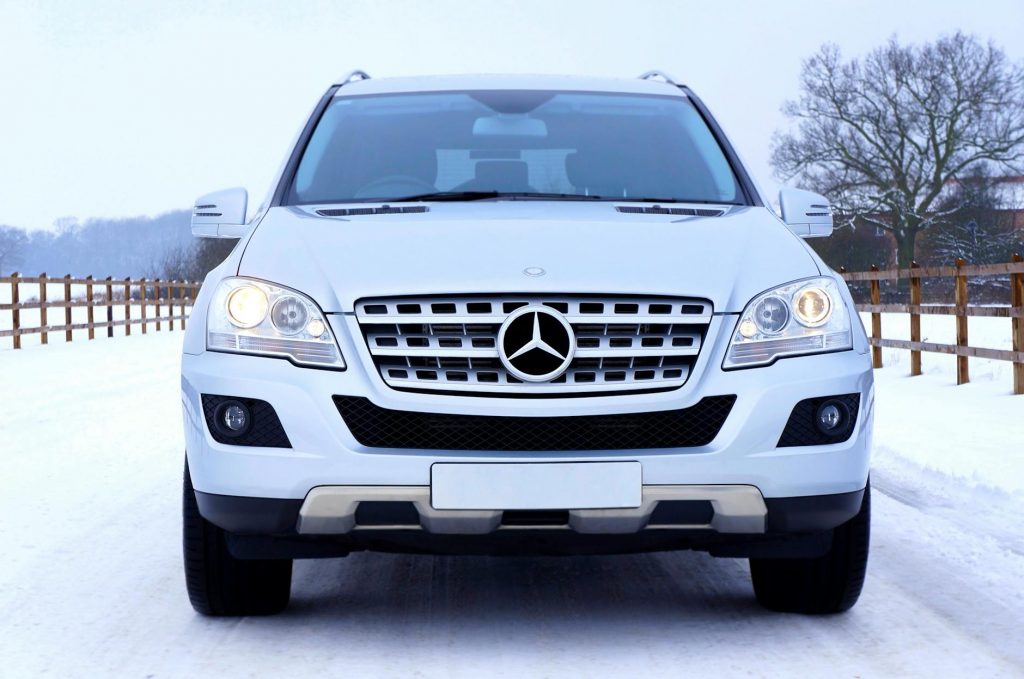Winter Tires Comparison Guide
Evaluating Winter Tires for Cold Weather Performance
When evaluating the best winter tires for cold weather performance, it’s crucial to consider several key factors. These factors ensure that the tires provide optimal safety and efficiency during harsh winter conditions.
Key Performance Indicators:
- Traction on Snow and Ice: The tire’s ability to maintain grip on snowy and icy surfaces is paramount. Tires with deeper treads and specialized rubber compounds perform better in these conditions.
- Braking Distance: Shorter braking distances on icy roads can prevent accidents. Testing braking performance on various surfaces is essential.
- Handling and Stability: Good winter tires should offer stable handling and control, even in extreme weather.
- Durability and Tread Wear: Long-lasting tires save money and provide consistent performance over time.
| Metric | Importance | Ideal Value |
|---|---|---|
| Traction on Snow | High | Excellent |
| Traction on Ice | High | Very Good |
| Braking Distance | High | Short |
| Handling and Stability | Medium | Stable |
| Durability | Medium | Long-lasting |
For more detailed evaluations, visit our winter tire performance comparison page.
Factors to Consider When Choosing Winter Tires
Selecting the right winter tires involves understanding various factors that influence tire performance and suitability for specific needs.
Key Considerations:
- Tire Size and Compatibility: Ensure the tires are compatible with your vehicle’s specifications. Incorrect sizes can affect performance and safety.
- Tread Patterns: Different tread patterns offer varying levels of grip and performance. For detailed insights, check our winter tire tread patterns guide.
- Speed Rating: The tire’s speed rating indicates how fast you can safely drive on them. Learn more about this on our winter tire speed rating page.
- Load Capacity: Make sure the tires can handle the weight of your vehicle.
- Price and Warranties: Evaluate the cost and the warranty offered. For the best deals, see our winter tire prices and winter tire discounts pages.
- Brand Reputation: Opt for brands known for quality and reliability. Explore our winter tire reviews for more information.
| Factor | Importance | Notes |
|---|---|---|
| Tire Size and Compatibility | High | Must match vehicle specs |
| Tread Patterns | High | Different patterns for different needs |
| Speed Rating | Medium | Should meet or exceed vehicle requirements |
| Load Capacity | High | Must support vehicle weight |
| Price and Warranties | Medium | Balance cost with warranty coverage |
| Brand Reputation | Medium | Trusted brands offer reliability |
These considerations will help you select the best winter tires suited to your needs. For more tips on choosing the right tires, visit our winter tire buying guide.
Steel Rims vs. Winter Rims
When preparing for winter driving in Kitchener and other parts of the Greater Toronto Area, the choice between steel rims and winter rims can be crucial. Each type of rim has its own set of advantages and disadvantages that can affect your vehicle’s performance and your overall driving experience.
Understanding the Difference
Steel rims, often referred to as steel wheels, are made from steel and are known for their durability and strength. They are typically heavier and more robust, making them suitable for harsh winter conditions. Winter rims, on the other hand, refer to alloy wheels specifically designed for winter use. They are lighter and often come with advanced coatings to resist corrosion from road salt and other winter elements.
Pros and Cons of Steel Rims and Winter Rims
Understanding the pros and cons of each type of rim can help you make an informed decision. Below is a comparison table to highlight the key differences.
| Feature | Steel Rims | Winter Rims (Alloy) |
|---|---|---|
| Durability | Highly durable, less prone to cracking | Durable but can be more prone to corrosion |
| Weight | Heavier, which can affect fuel efficiency | Lighter, improving fuel efficiency |
| Cost | Generally more affordable | Typically more expensive |
| Appearance | Plain, utilitarian look | Aesthetic appeal with various designs |
| Performance | Can handle rough conditions well | Better handling and performance |
| Corrosion Resistance | Prone to rust if not maintained | Often come with anti-corrosive coatings |
Durability
Steel rims are highly durable and less likely to crack upon impact, making them a popular choice for winter driving. However, they are heavier, which can negatively impact fuel efficiency and vehicle handling. Winter rims, while also durable, are lighter and provide better performance and handling. They may be more prone to corrosion if not properly coated, but many come with advanced coatings to protect against road salt and other elements.
Cost and Appearance
Steel rims are generally more affordable than winter rims, making them a budget-friendly option. They typically have a plain, utilitarian look, which may not appeal to those who prioritize aesthetics. Winter rims, on the other hand, can be more expensive but offer a variety of designs that can enhance the appearance of your vehicle.
Corrosion Resistance and Performance
One of the main drawbacks of steel rims is their susceptibility to rust if not properly maintained. Winter rims often come with anti-corrosive coatings, making them better suited for harsh winter conditions. In terms of performance, winter rims provide better handling and fuel efficiency due to their lighter weight.
Choosing between steel rims and winter rims depends on your specific needs and preferences. If durability and cost are your primary concerns, steel rims may be the better option. However, if you prioritize performance, handling, and aesthetics, winter rims could be the ideal choice. For more information on winter tire options and deals, visit our articles on winter tire deals and winter tire prices.


